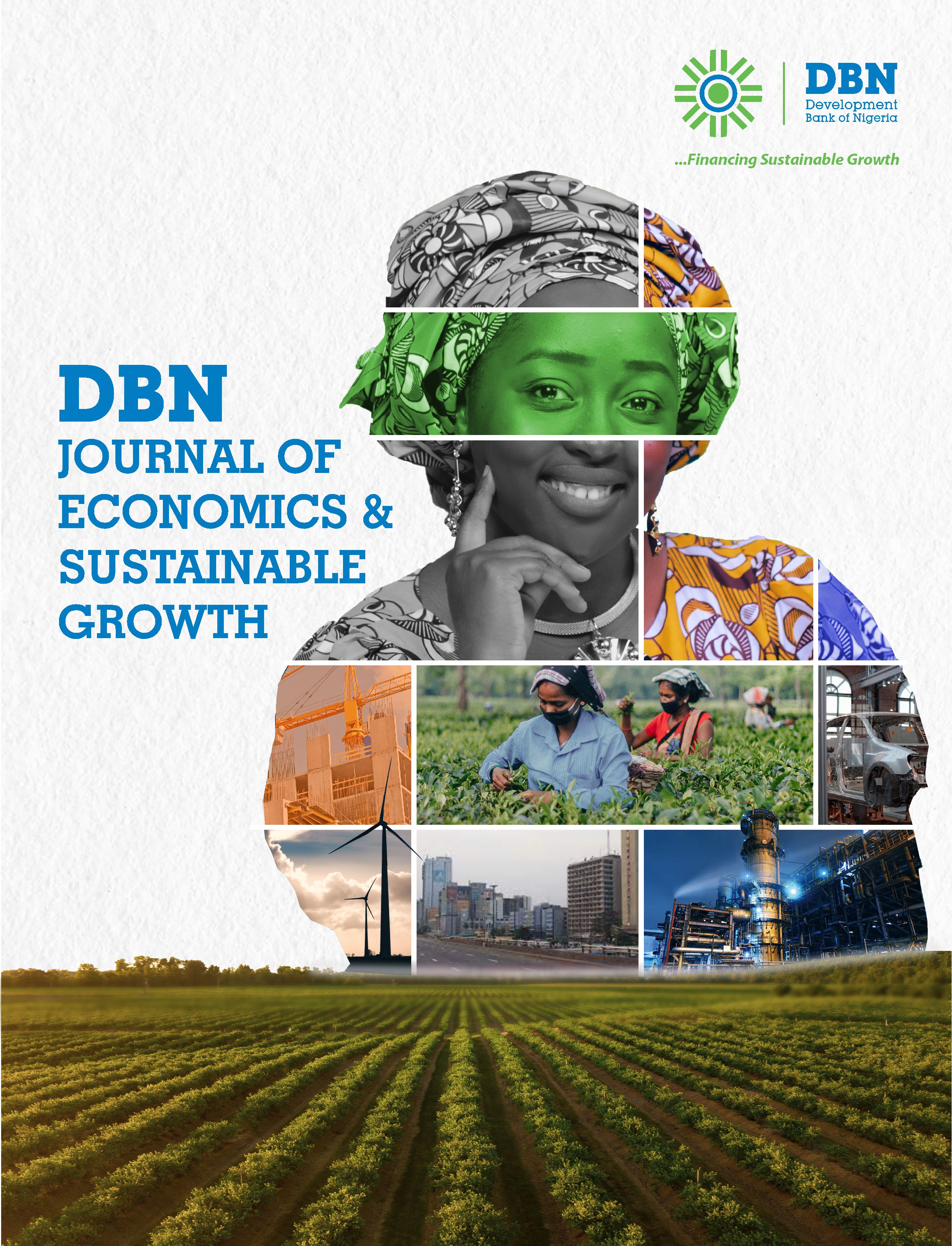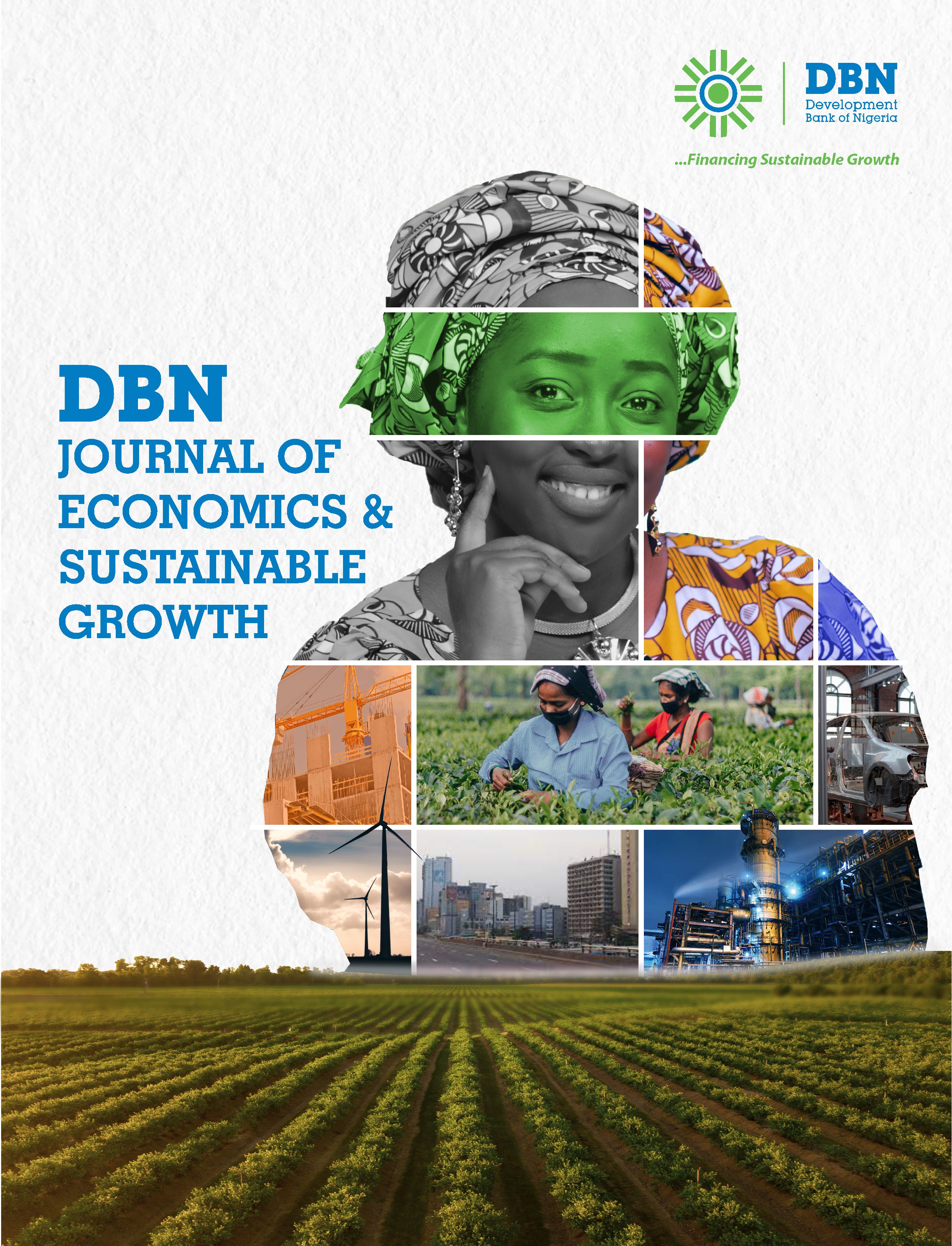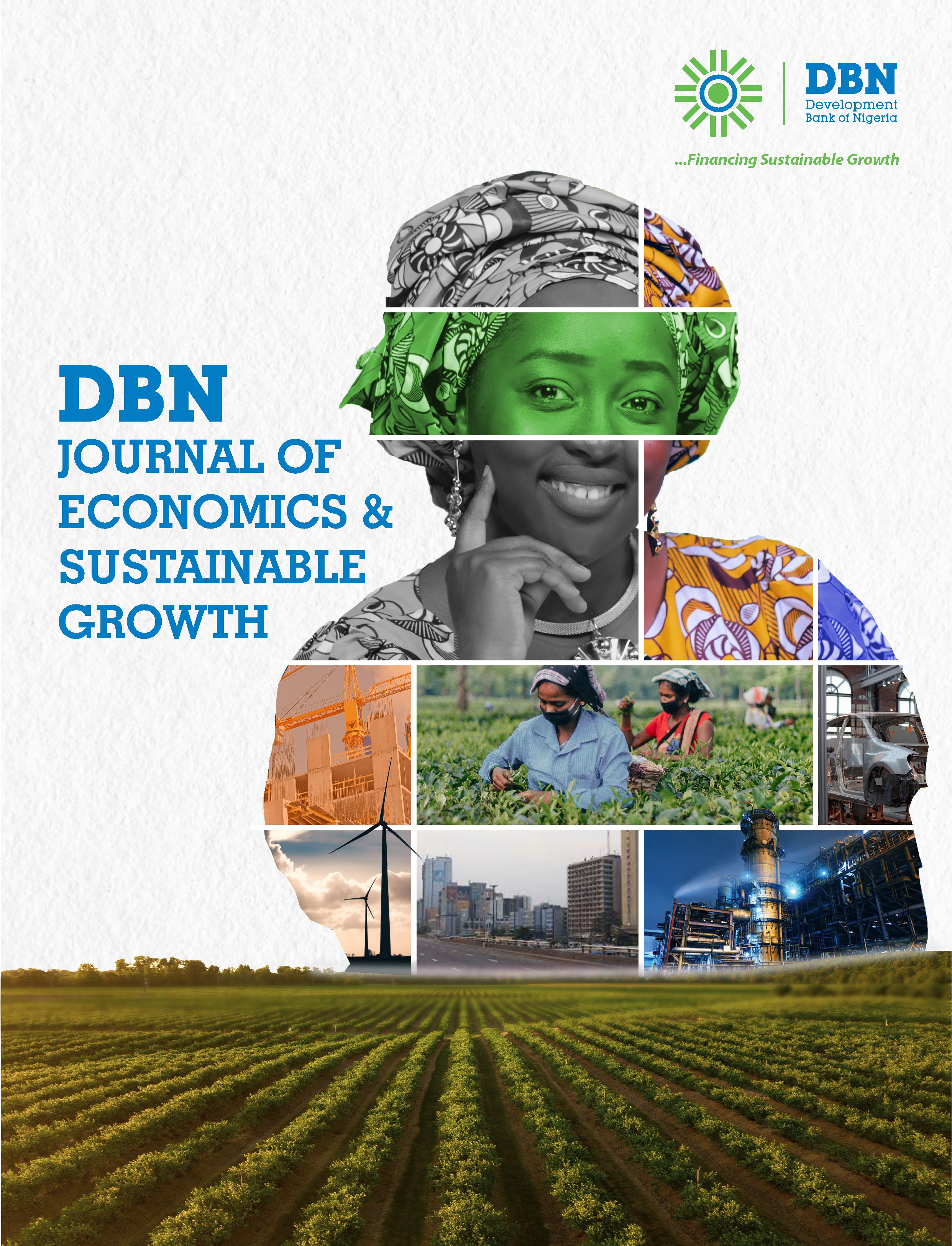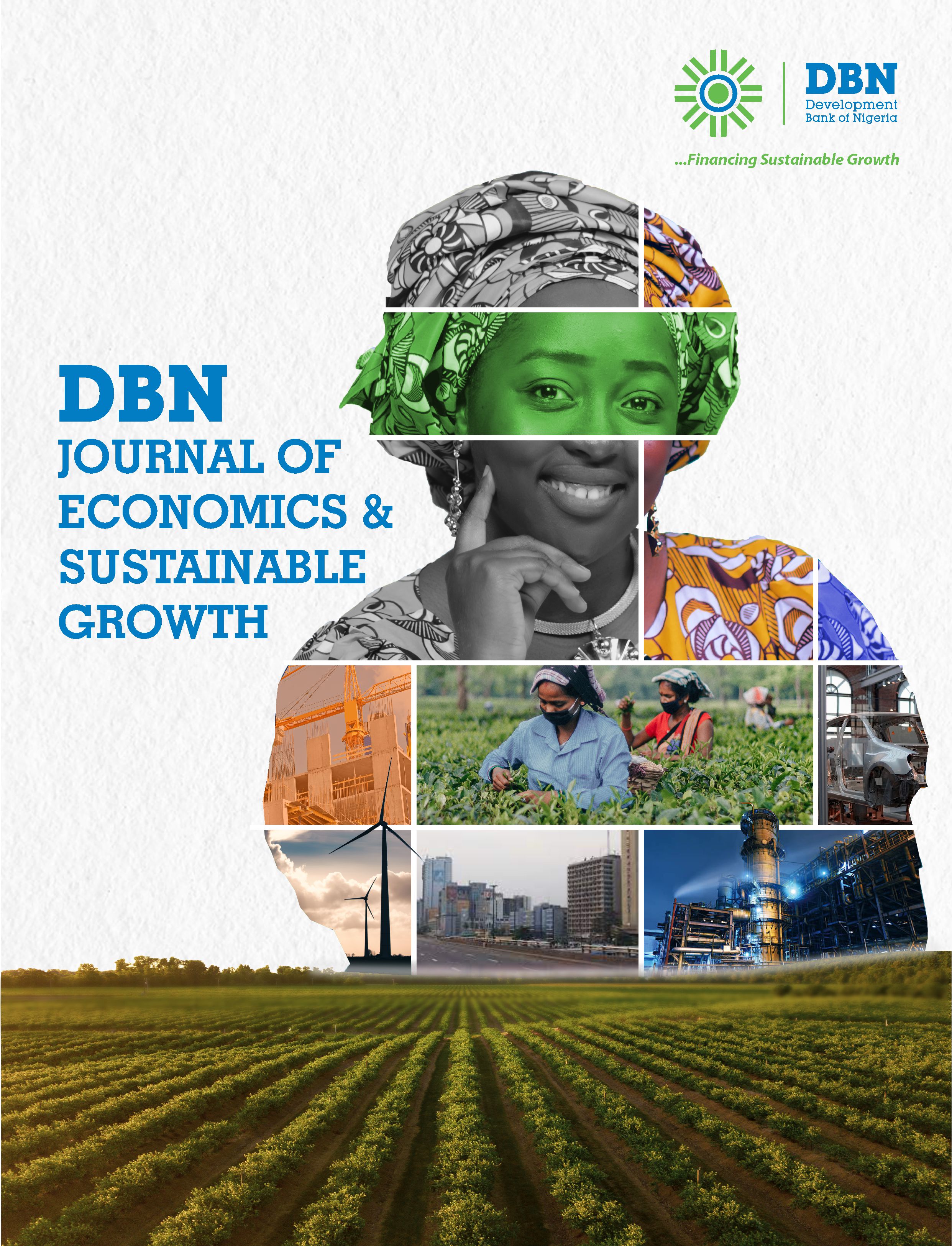
Publication Information
Published by: Admin
Published: 2 years ago
View: 312
Pages: 16
ISBN:
Abstract
Generally, countries adopt a mix of health care funding mechanisms, which include, tax-based financing, private medical insurance, social insurance, out-of-pocket (OOP) payments and donor funding. Meanwhile, skewed health financing towards private healthcare funding in many developing economies is placing the achievement of the third Sustainable Development Goal of Universal Health Coverage (SDG Target 3.8) under threat. Households that are particularly exposed to catastrophic health spending might suffer income/wealth loss due to huge spending on ailing household member(s). To this end, the current study investigated the welfare impact of increased out-of-pocket spending among Nigerian households. Using multiple catastrophic out-of-pocket health spending thresholds (20 percent of total household spending and 40 percent of non-food household expenditure), the study established that poverty risks are more prevalent in Northern Nigeria and rural settlements relative to Southern Nigeria and urban centres, respectively. Remarkably, this study established that the likelihood of Nigerian households exposed to catastrophic out-of-pocket health spending is an increasing function of the household size. The study, therefore, recommends the need to reduce the burden of high out-of-pocket spending on households through exploring alternative health financing mechanisms including health insurance, in addition to, the need for higher public spending on healthcare in Nigeria.
Wasiu Adekunle Mr
Related Publications

VOLUME 5 ISSUE 3 2023
Sectoral FDI, Financial Development and Economic Growth in Nigeria

VOLUME 5 ISSUE 3 2023
Household Finance: Portfolio Decision Models And Financing Decisions

